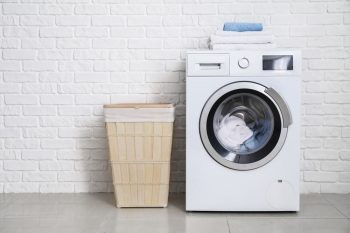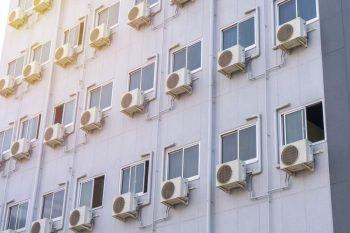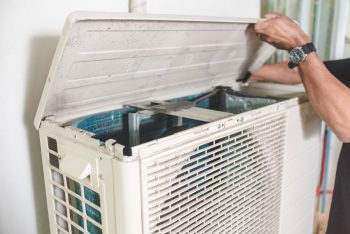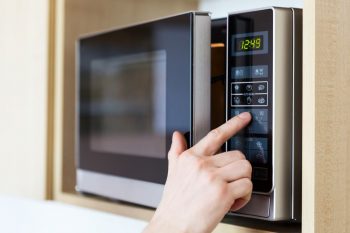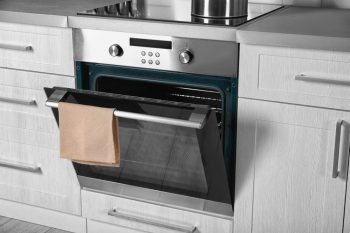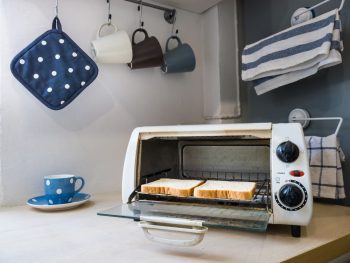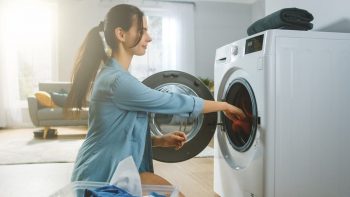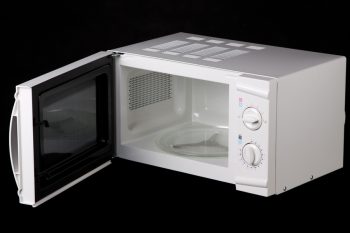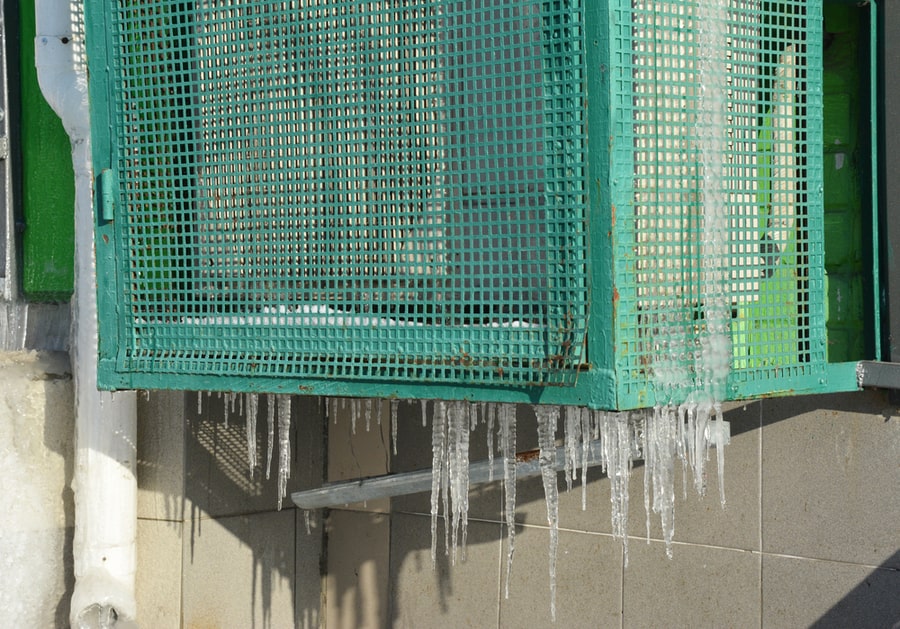
An HVAC system provides heating and cooling functionality at home. The term is often associated with Air Conditioning or AC; meanwhile, an HVAC package unit warms your house in the winter and cools it in the summer.
When properly maintained, HVAC systems can provide efficient, reliable heating and cooling all year. But in some cases, HVAC systems may freeze during summertime.
Fortunately, if you can identify why it happens, you can deal with the freezing problem and enjoy a fantastic summer.
- HVAC units freeze up in hot, humid weather, and it’s perfectly normal.
- While it’s frustrating that it occurs during summer, you could quickly fix it if you can identify the possible causes.
- Call a licensed HVAC professional to evaluate, service, and correct your freezing problem.
HVAC breakdowns are common in hot and humid weather, and summer is also a busy season for HVAC technicians with the specific skills and competencies to handle the issue. If you go out and see that your HVAC unit has iced over completely, you have a freezing problem.
Please turn off the unit immediately and allow it to defrost, as running it while frozen can cause significant damage. In the worst cases, you should call a licensed HVAC professional to service your system as soon as possible rather than risk spending more to purchase a new one.
4 Reasons Why Your HVAC Is Freezing Up in the Summer
Homeowners shouldn’t be surprised that their HVAC freezes up in the summer. If it happens to your unit, turn it off and allow the ice to thaw completely.
Never run it while frozen to prevent severe damage or total breakdown.
Homeowners can tell if an HVAC unit needs troubleshooting in the summer when it’s running for hours, building up ice but not cooling well.
There are five possible reasons for the dramatic reduction in your unit’s cooling efficiency that requires immediate attention.
1. Low Refrigerant
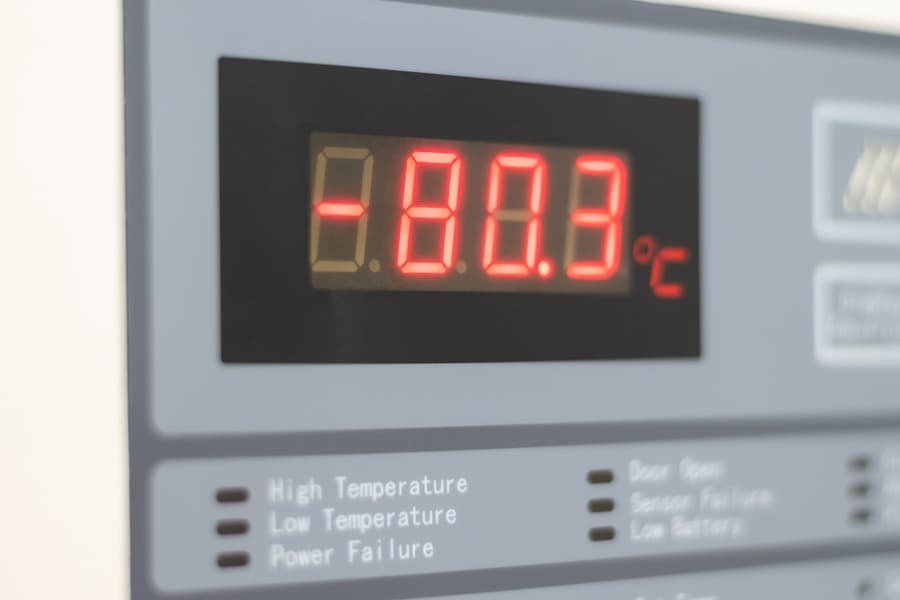
Ice forms on the HVAC’s evaporator coil whenever there is low refrigerant. When the refrigerant level in the coil is low, it means the temperature has dropped below freezing.
It begins with moisture that causes air to condensate and eventually turns into a block of ice covering the coils.
Call an HVAC technician to inspect the unit, refill the system, and check for leaks. While HVACs and ACs don’t consume refrigerants, tiny pinholes can develop in coils and refrigerant lines, causing a low refrigerant charge.
The service technician must seal the leak before recharging the coolant and refilling the system.
2. Poor Air Flow
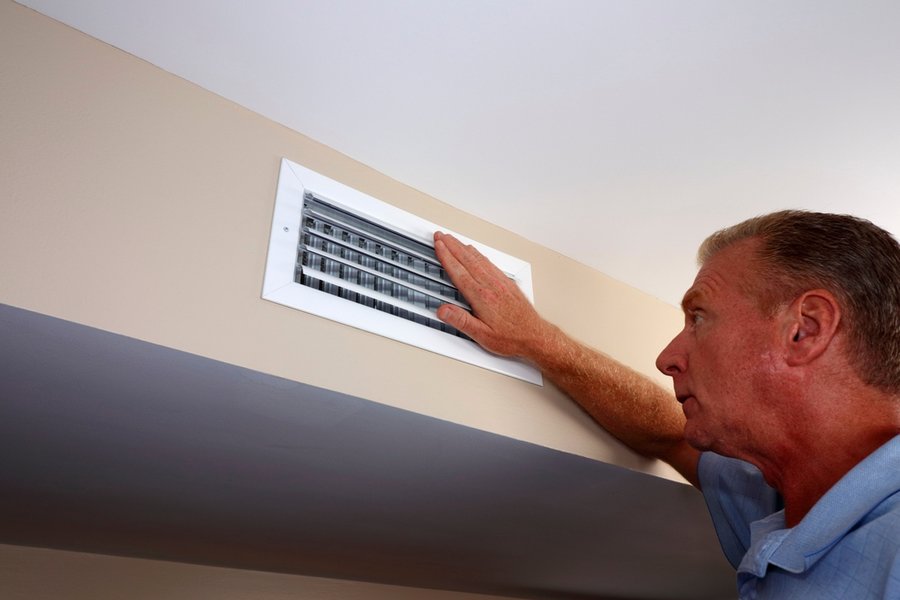
A dirty evaporator coil restricts airflow through a unit and causes ice formation. Coils often get dirty because of dirty intake filters. Also, check that no other things like grass or shrubs block the airflow of the outside unit.
Remember that a dirty evaporator coil can damage the compressor, besides using more electricity.
The suggestion is to clean the evaporator coil regularly and especially before summer. Moreover, the suggestion is to replace or change the intake filter every month for better airflow.
3. Electrical Issues
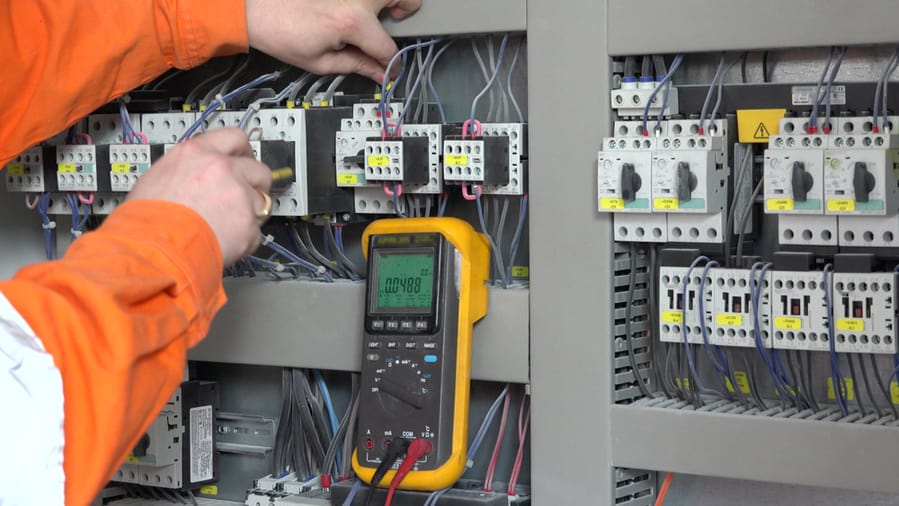
HVAC units can also freeze up or not work due to electrical issues. Electrical components in the system, such as wiring, valves, fan, drains, and refrigerant lines, are vulnerable to damage during summer.
The common problems include corrosion, fraying, and disconnection of wires that could result in system breakdowns.
Don’t attempt a do-it-yourself; instead, call for a professional to fix wiring problems, re-tighten connections, and remove unwanted debris in your HVAC unit.
4. Compressor Breakdown
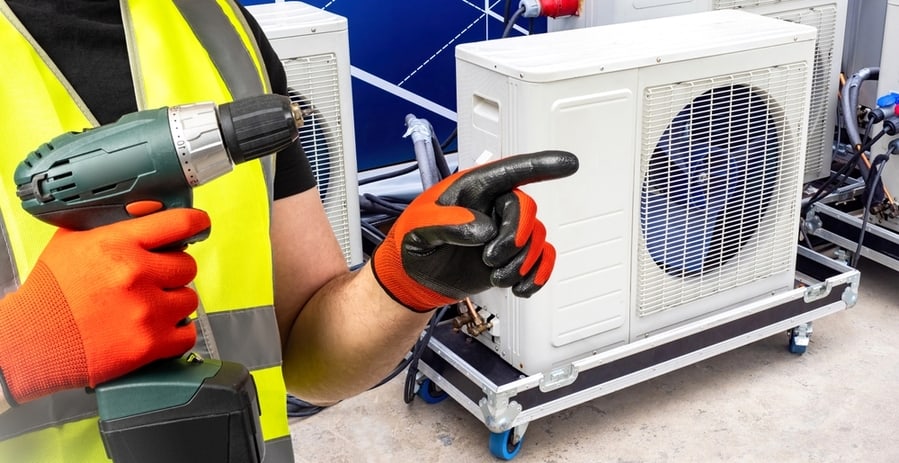
Compressor breakdown is an unfortunate scenario you can encounter with your HVAC unit in the summer season. The three preceding reasons are preventable by early or timely detection.
However, the costliest to you is the failure of the vital component, and the heart of the HVAC system is the costliest.
An early symptom of a compressor issue is always weak airflow. Growling and loud banging noises, along with vibrations, indicate electrical problems.
Leaking refrigerant and constantly tripping your circuit breaker aren’t good signs either. The key to preventing compressor breakdown and extending your unit’s economic life is proper care, regular servicing, or maintenance by an HVAC technician.
Summary
The freezing of HVAC units is a common occurrence during hot summer months. In most cases, you need to thaw and clean your system.
But if you need help with how to go about the process, call in a professional to maintain your warranty and prevent further damage.
Frequently Asked Questions
Will Low Refrigerant Cause Freezing?
A low refrigerant level causes the pressure inside your HVAC’s evaporator coil to drop, allowing moisture in the air to accumulate and subsequently freeze the coil.
Is It Normal for the HVAC To Freeze?
HVACs are prone to freezing, which usually occurs during the hot summer months. However, you can fix the problem swiftly if you know the possible causes.

